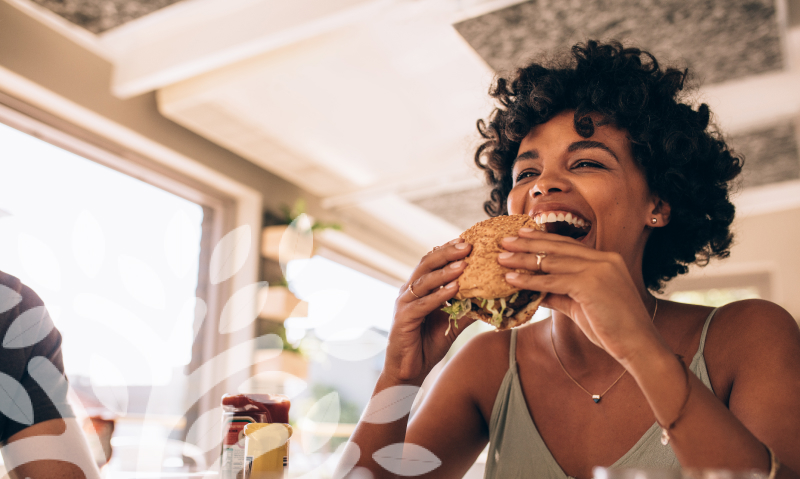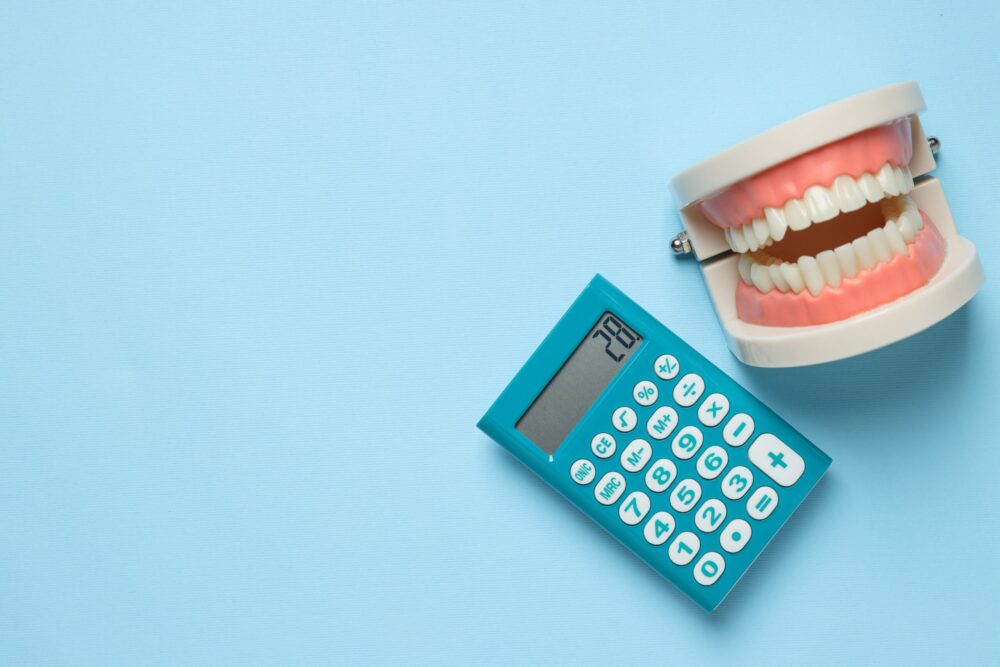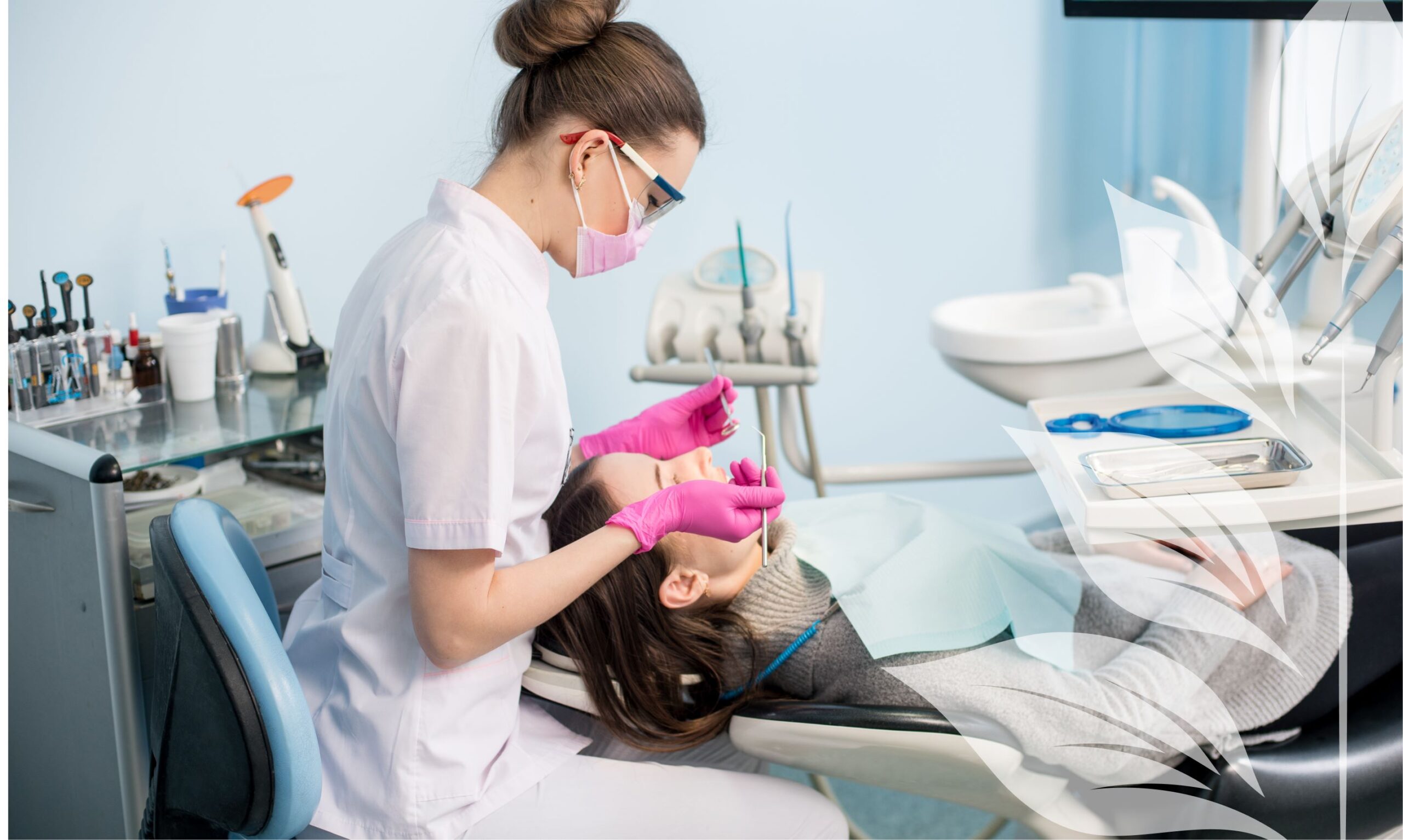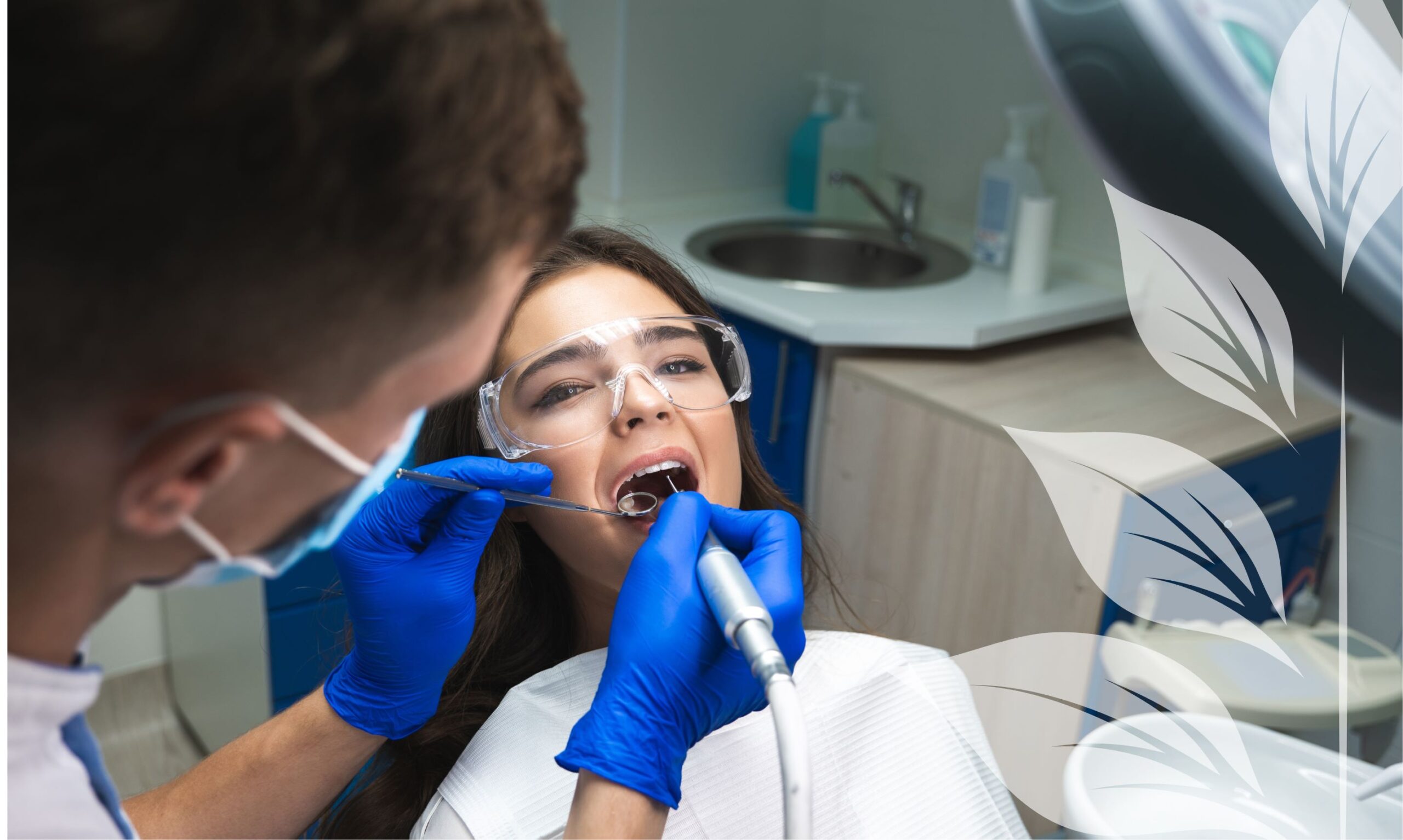Healthy Eating After Tooth Loss
Tooth loss comes with several challenges, one being the ability to eat a nutritious, varied diet. Being able to eat comfortably and without pain is the primary reason dentists strongly recommend replacing missing teeth with a prosthetic solution as quickly as possible.
Diet has a significant impact on your overall health and well-being. It’s easy to develop nutritional deficiencies with a restricted diet, not to mention your mental health can take a dive when you can’t eat the foods you love.
Dentures and dental implants are the two most popular solutions for restoring smiles after extensive or complete tooth loss. Both can help you regain a beautiful, full smile, but their similarities end there. Here’s how dentures and dental implants can impact your diet.
Living and Eating With Dentures
People often choose dentures because they are affordable, and the design and fitting are relatively quick. They can also be a good choice for people who cannot undergo oral surgery due to pre-existing medical conditions.
Before opting for dentures, you should know that they will impact your diet and lifestyle. Properly fitted dentures will feel stable and comfortable in your mouth, but they can be prone to slipping and cannot mimic the bite force of natural teeth.
5 Healthy Food Options for Dentures
As a denture-wearer, you’ll need to be cautious of your diet and what foods you choose to eat. Dentures can slip or even break if you try to eat very chewy, crunchy, or hard foods.
What can be tricky is designing a new diet that incorporates softer foods that are still nutrient-dense. Your dentist, doctor, or nutritionist can offer valuable guidance on eating well without resorting to overly processed foods high in sugar, sodium, and fat.
Here are 5 healthy foods to eat with dentures.
1. Steamed and Mashed Vegetables
Fresh vegetables can be too crunchy and tough to eat with dentures—instead, steam vegetables like carrots, sweet potatoes, spinach, broccoli, or zucchini. Steaming softens the vegetables while still maintaining their antioxidants. For carrots or potatoes, you can also mash them afterward for easier eating.
2. Ground or Pressure-Cooked Meats
Eating enough protein is crucial for maintaining your health, but it tends to be difficult with dentures. The truth is, you can still enjoy healthy meats; they just need to be cooked correctly. Opt for slow-cooked ground meats or try pressure-cooking lean meats to make them easier to eat while still keeping a lot of flavor.
3. Beans and Lentils
Beans, lentils, and chickpeas are excellent protein sources that you can prepare in a way that makes them softer than meat. If you are vegetarian or vegan, these protein sources will be even more essential for maintaining a healthy diet.
4. Soft Fruit and Smoothies
Most people can still eat ripe, soft fruit with their dentures. Smoothies are another great way of getting a lot of nutrition from a variety of fruit without having to chew on anything crunchy or hard, like apples. As a bonus, you can also try out green smoothies, which combine the best of leafy greens and sweet fruit in one delicious cup.
5. Whole Grain Bread and Sides
Choosing whole-grain options will help you maintain balanced glucose levels and ensure you’re getting more nutrition from your meals. Swapping white bread for whole wheat or white rice with brown rice are easy changes to make that pay off in the big picture of your overall health.
Why Dental Implants Are Superior
Eating with dental implants is an entirely different story than dentures. Completely healed dental implants mimic natural teeth so closely that you can return to a fairly standard diet after a few months.
Immediately after your dental implant surgery, you’ll need to eat a soft-food diet for a short period. Following your dentist’s instructions during this initial healing phase is essential because your jawbone gradually grows around the implant post. Eating the wrong foods can disrupt healing and cause implant failure.
5 Tasty Recipes to Try After Dental Implants
Ironically, your diet during the healing period will be similar to a denture wearer’s diet. You’ll be able to eat soft foods like the five mentioned above, and your dentist may also recommend protein drinks and vitamin supplements. The difference is, after your dentist gives you the all-clear, you can begin eating a standard, smile-friendly diet.
Here are 5 delicious recipes to try with healed dental implants.
1. Slow-Cooked Turkey Chili
Chili is a great comfort food that can be surprisingly healthy. This turkey chili recipe is lower in calories than beef chilis, and is filled with beans, vegetables, and spices. You can also add in more vegetables and other ingredients to customize your meal to your tastes.
2. Honey Glazed Salmon
Salmon is a low-fat protein and an excellent source of essential fatty acids. This tasty recipe uses honey instead of sugar for a naturally sweet kick. You can serve it with a fresh side salad or on a bed of wild rice.
3. Zucchini Boats
Zucchini boats are a fun way to add a twist to many different recipes. It’s an easy way to get more vegetables into your diet and lower your carbs. Here are two options: Italian sausage stuffed zucchini and burrito zucchini boats.
4. Cauliflower Bakes
Mashed cauliflower is an excellent substitute for mashed potatoes. You can try a loaded cauliflower bake or experiment with replacing the mashed potato layer of your favorite meals, like shepherd’s pie.
5. Stir Fry Bowls
Stir fry doesn’t have to mean an oily, unhealthy takeout. Stir fry recipes like this one are loaded with lean protein and a rainbow of vegetables. You can use whichever vegetables you love or skip the meat.
Learn More About Dentures vs. Dental Implants
Choosing between dentures and dental implants is an important decision. Schedule a consultation at Allred Family Dentistry to find out which restorative solution offers the most benefits for your needs. Book your appointment at our Griffin or Hampton, GA offices via phone or online request.





